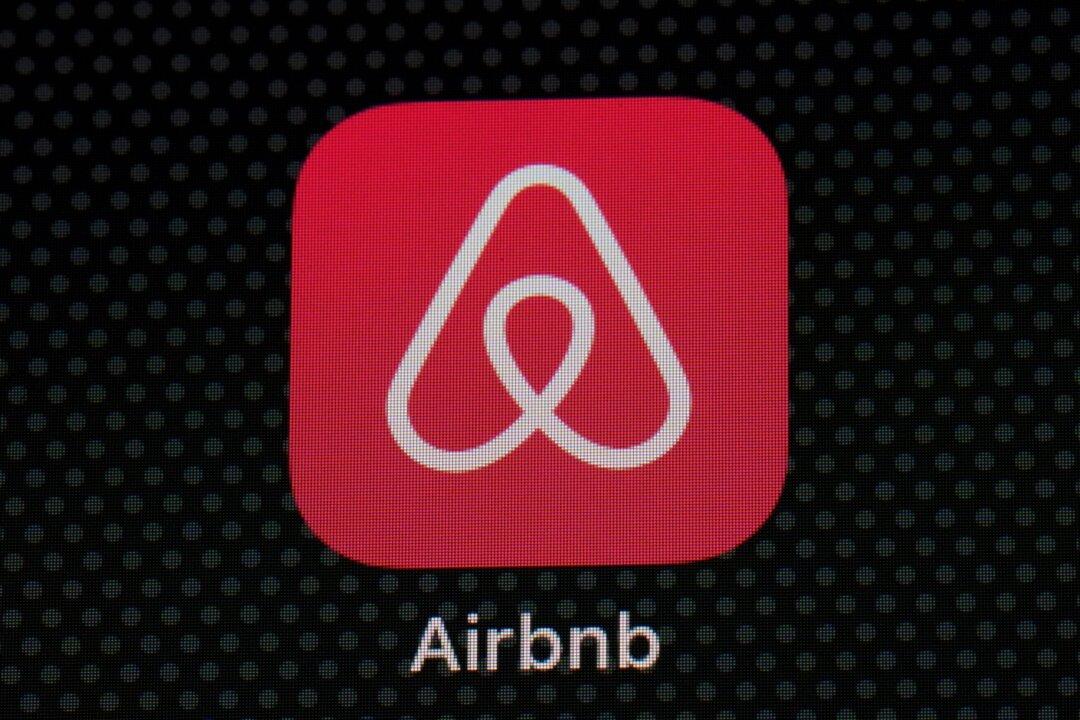Airbnb operators in Brisbane may soon need permits as authorities take action against short-stay rentals to address housing supply shortages.
On June 12, Brisbane Lord Mayor Adrian Schrinner announced that his office would implement a permit scheme under a new law to regulate Airbnb accommodation in the city.





